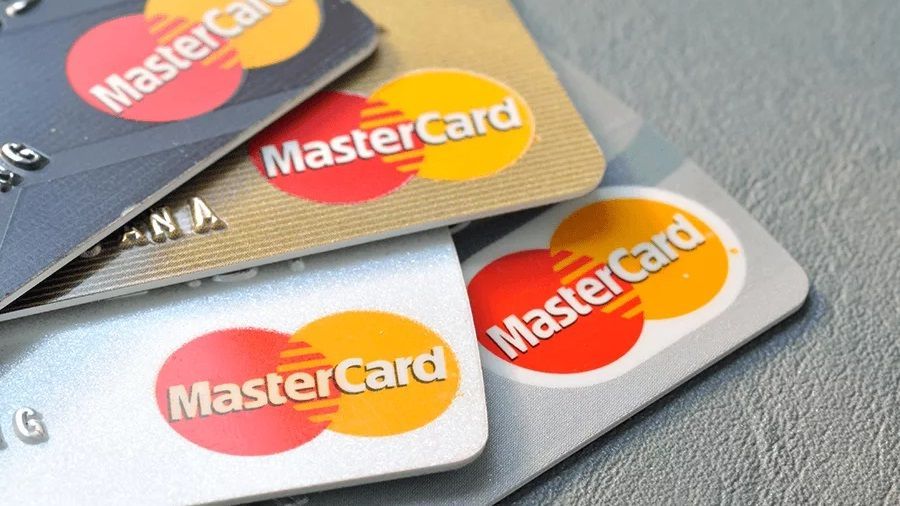Payment company Mastercard is exploring smart contracts and other tools that can be used to empower central bank digital currencies.
Today, the topic of state digital currencies is widely discussed at the international level. Central banks are at various stages of research and development of their own digital currencies: some have just begun to develop a concept, others have moved on to testing, and some have already launched such assets.
Central banks believe their stablecoins will improve the speed and security of payments by providing flexibility in monetary policy. However, the digital currencies of the Central Bank are still at an early stage of development.
Mastercard President Michael Miebach said the company is working with governments and central banks around the world to help them move forward on this issue. Mastercard specialists are convinced that smart contracts can simplify the functioning of government stablecoins, so they began to study how they can best be implemented in the payment infrastructure.
Smart contracts are computer code designed to execute a specific set of instructions. Mastercard researchers believe smart contracts can be the future of finance and play an important role in payments and the development of the digital economy. In addition, Mastercard has begun to explore which applications can effectively interact with central bank digital currencies.
Meebach also said that the company has entered into several partnership agreements to accelerate the development of state-owned cryptocurrencies. Last fall, Mastercard unveiled a dedicated testing platform for such assets so that central banks can explore their capabilities and use cases. A few months ago, it became known that Mastercard will launch a debit card with support for the digital currency of the Bank of the Bahamas – Sand Dollar.







